Transforming Your Business Through Expert Franchise Development
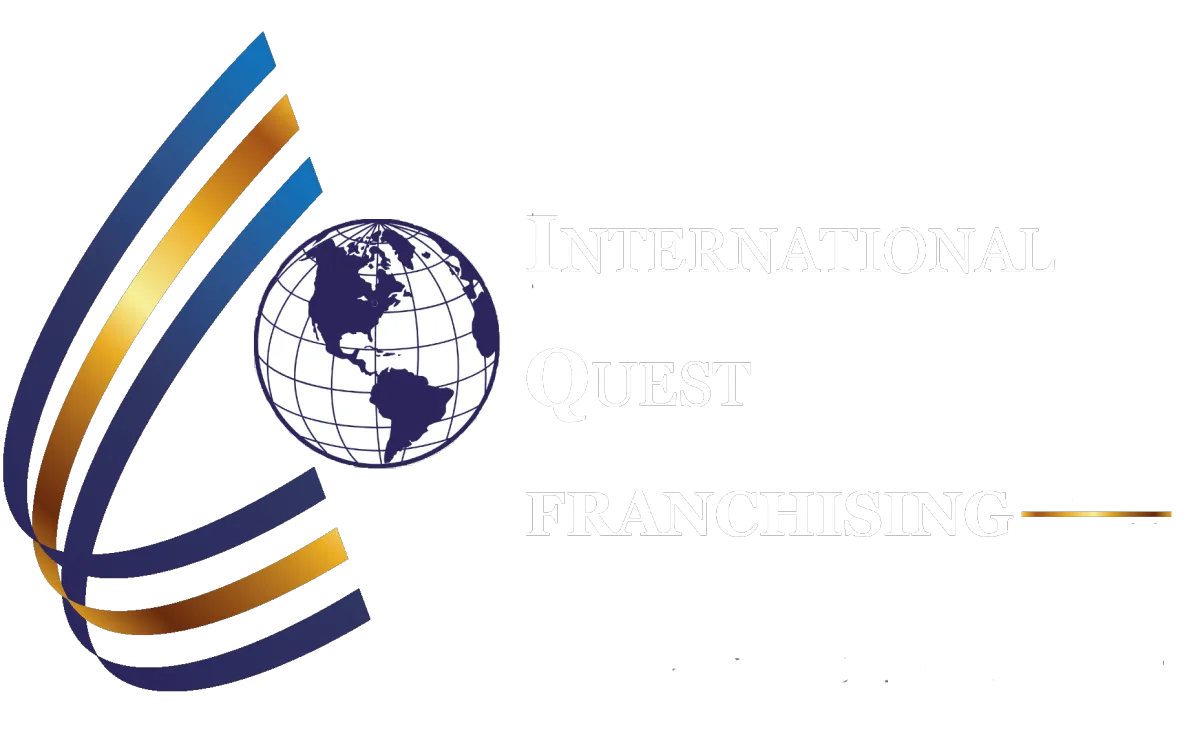
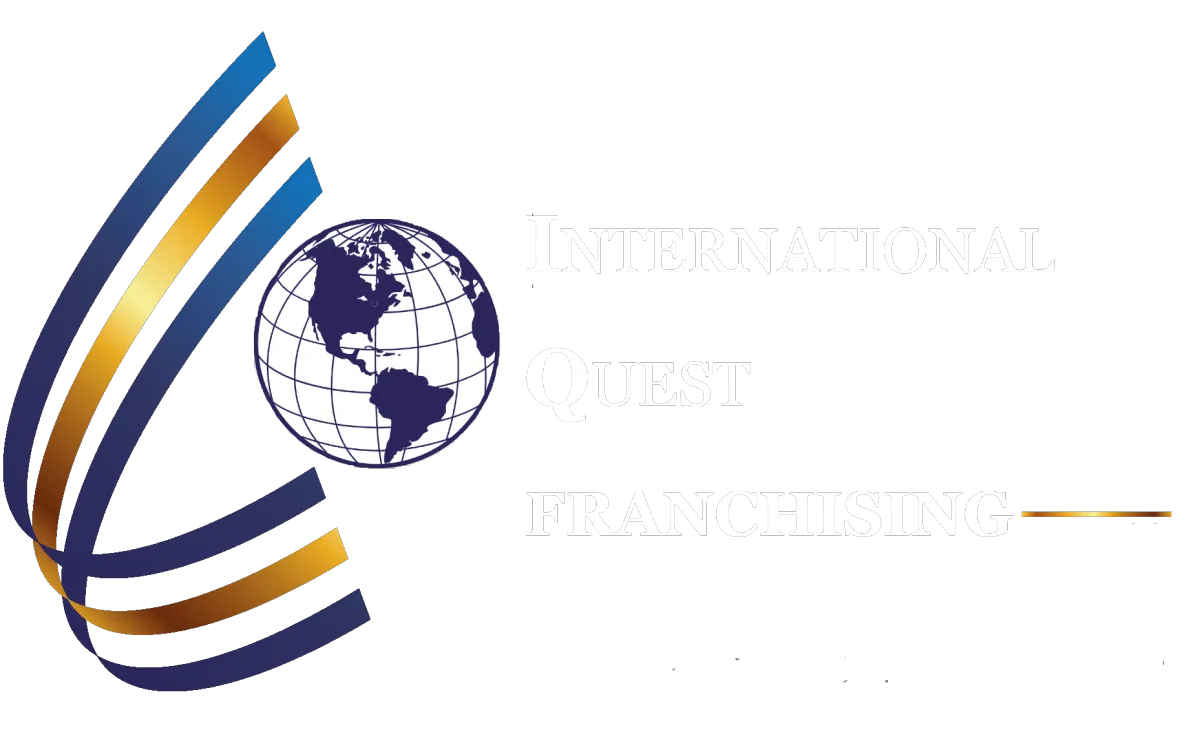
Enterprise Resource Planning
ERP Approach:
Our ERP strategy begins with a comprehensive assessment of your organization’s operational requirements, designed to uncover specific pain points, process inefficiencies, and strategic goals. This discovery phase informs the selection of the most appropriate ERP solutions—guided by a comparative analysis of platforms that align with your business size, industry, scalability needs, and growth trajectory.
We utilize a structured decision-making framework to align technology adoption with broader business objectives, financial parameters, and workforce capabilities. This framework ensures that ERP implementation is not only technically sound but also strategically integrated.
By addressing critical operational challenges and focusing on measurable outcomes, we support you in executing ERP deployments that deliver efficiency, transparency, and long-term value across your organization.
ERP Goals:
Streamlining Operations
Enhancing Efficiencies
Alignment of Business Goals
Improving Decision Making Across Various Departments
Real-time Monitoring & Adaption
Achieving a Feedback Loop to Fine Tune Strategies & Improve Benefits Realization
ERP Systems:
ERP systems play a crucial role in shaping decision-making, enhancing operational efficiency, and improving overall performance. Seamless integration with your human resource management (HRM) and customer relationship management (CRM) systems is critical when building a unified technology stack. When properly implemented, these systems equip you with actionable insights that drive measurable benefits, such as increased productivity, improved customer retention, and reduced costs. With effective execution, ERP systems can help you gain a competitive edge, streamline operations, and ensure that your organizational goals are closely aligned with business outcomes.
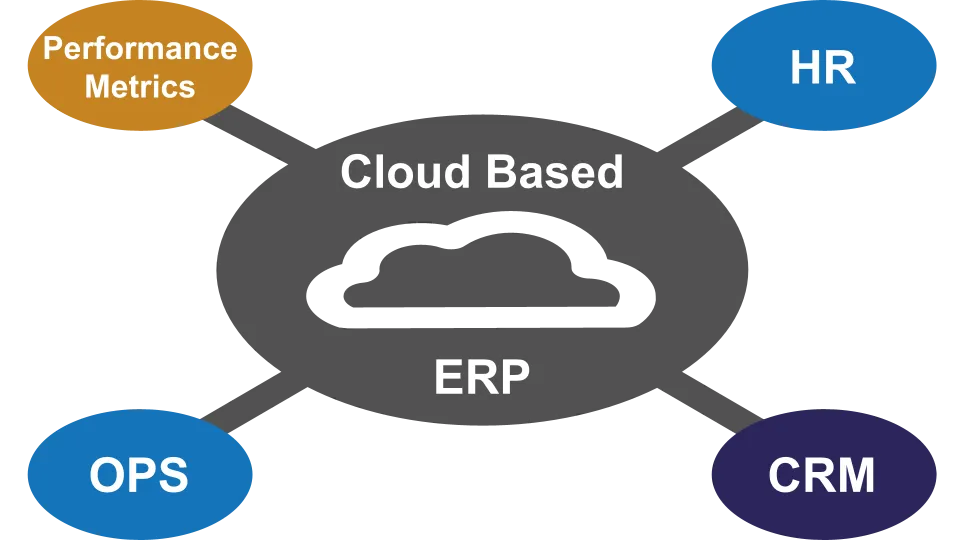
ERP Implementation:
ERP implementation requires careful strategic planning. We emphasize best practices in the process to maximize system adoption and effectiveness. By focusing on key metrics like employee efficiency, customer loyalty, system uptime, and revenue growth, we help our clients ensure that these systems provide meaningful contributions to their overall business objectives.
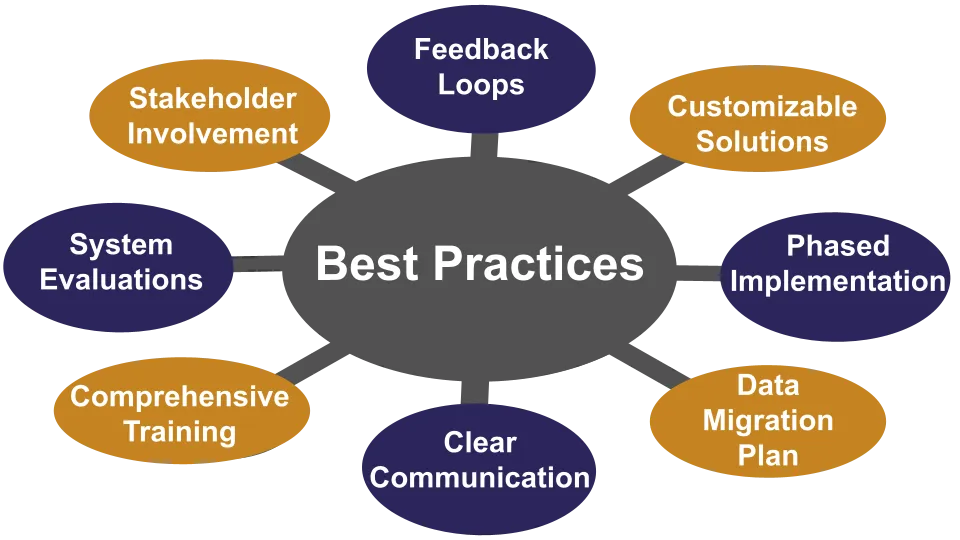
We understand the keys to successful software adoption requires:
Effective project management
Clear scope and goal setting
Open communication
Effective training and education
Teamwork
Fortunately, implementing cloud-based ERP systems is now financially feasible for small and medium-sized businesses. Cloud ERP solutions, offered through the software-as-a-service (SaaS) model, come with lower upfront costs, reduced operating expenses, enhanced mobility, rapid implementation, and frequent updates and upgrades.
Cloud-based ERP enables you to focus on your core business by minimizing IT maintenance, software upgrade needs, and licensing costs. Today’s market gives you access to a fully integrated ERP system without the need to maintain an in-house IT department or hire expensive IT consultants on an ongoing basis.
IQ franchising work with you to selcect the right vendors and suppliers, ensuring you implement a software ecosystem that supports your growth and accelerates your expansion.
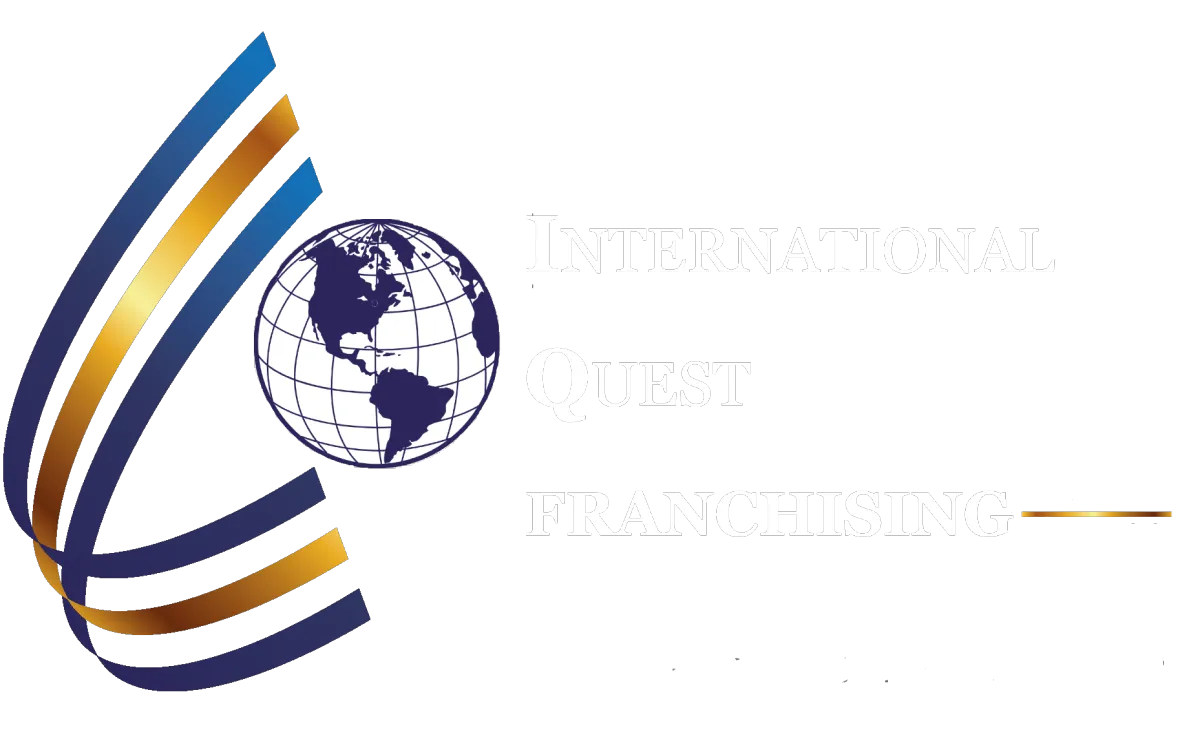
Our mission
Empowering small business growth through franchising - creating great communities everywhere!
Copyright © 2025 International Quest Franchising, LLC. All Rights Reserved
Privacy Policy | Terms & Conditions